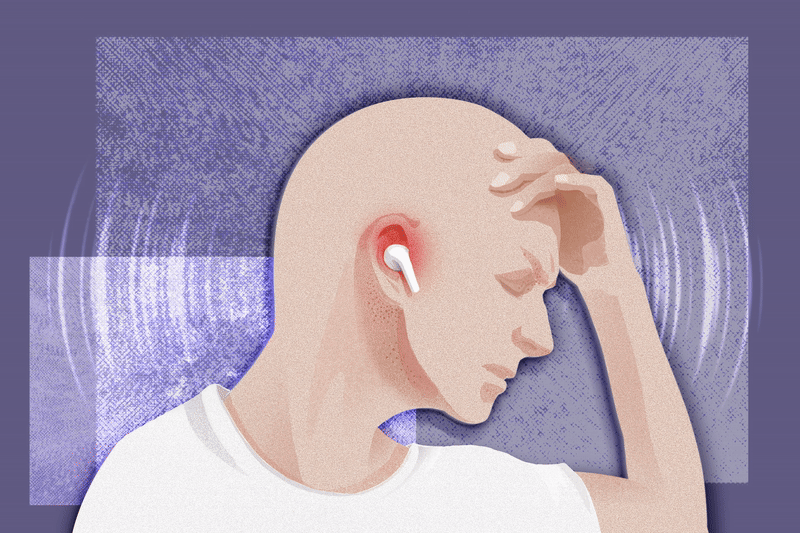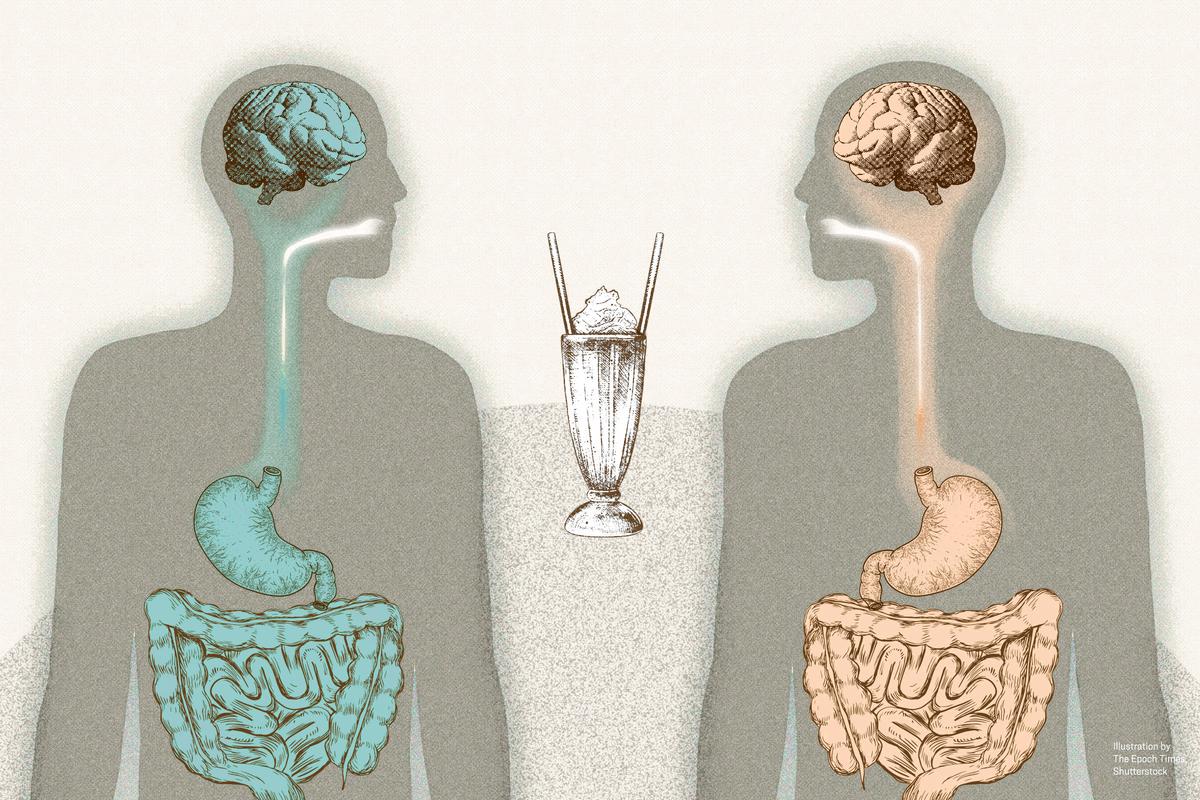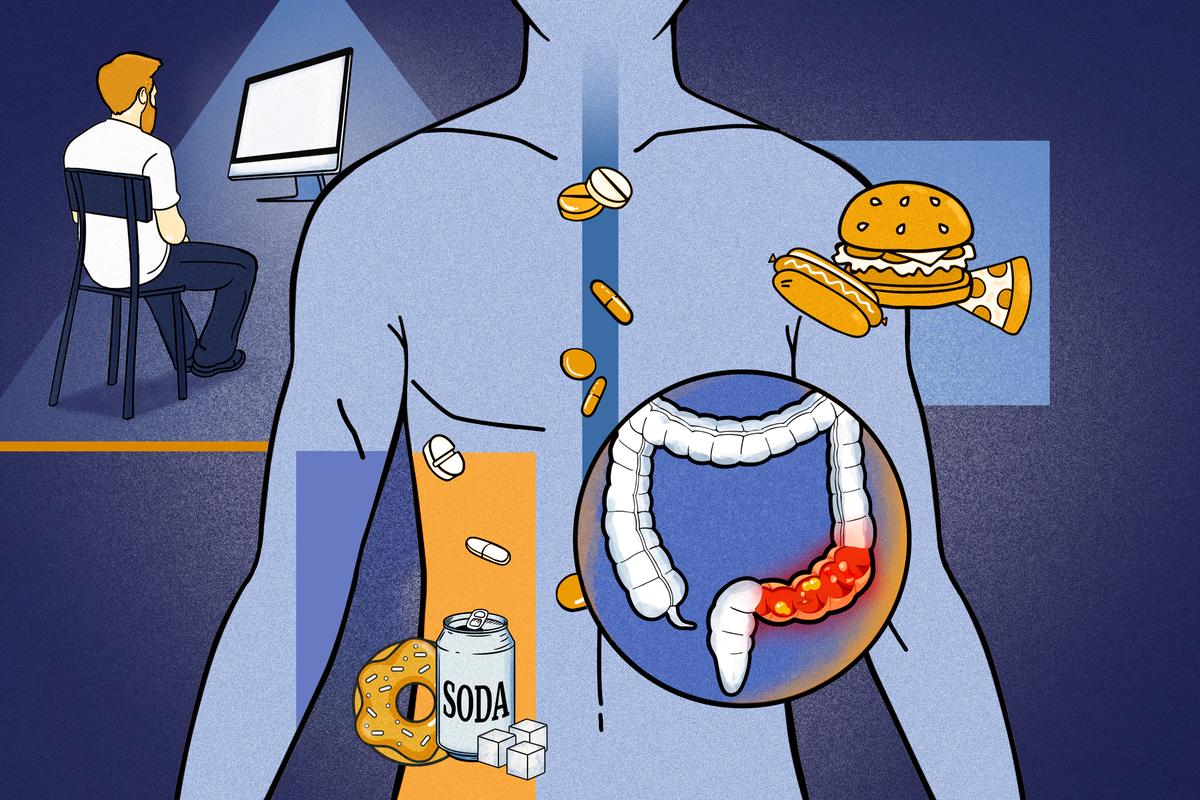Premium Reports
When Smartphones Get Smarter, Do We Get Dumber?
A study found that simply having a smartphone nearby reduced the mind’s ability to access and process information—even if the phone was off or placed in a bag.
Most Read
Latest Articles
The Power of Perception: How Your Mind Influences Weight Gain or Loss
Research shows that a disconnect between the brain and gut can contribute to obesity. Fortunately, there are ways to reunite them.
Inflammation: The Body’s ‘Fire’ Burns Threats, but Things Go Wrong When It Smolders
Chronic inflammation’s causes may be the very things that bring us comfort or convenience.
When Food Hijacks Your Brain, There Are Ways to Get It Back
Processed foods are designed to keep us eating, with detrimental effects on the body and mind—but there are ways to find balance and reduce cravings.
Questions Linger About the Unlisted Substances Used in Processed Foods
Safer and more traditional alternatives exist for some of them.
Nature Sets Barriers to Risky Viruses, While China’s Gain-of-Function Study Is Breaking Them
While scientists strive to improve human health and well-being, gain-of-function research could cause more harm than good.
Widely Used and Deemed Safe, These Food Additives Are More Harmful Than Thought
More than 73 percent of food is ultra-processed. Some ingredients are ‘generally recognized as safe,’ but research has begun to show that they may not be.
Reducing ‘Zombie’ Cells Can Keep Us Younger
Scientists use molecules and specially designed immune cells to reduce damaged ‘zombie’ cells and combat aging. We can also do this naturally and holistically.
Brain-Dead People May Not Be Dead—Here’s Why
A brain-dead person is legally dead, but whether they may be biologically alive is still up for debate.
What Can Be Done to Prevent DNA-Sized Plastics From Invading Our Bodies?
Amid debates on a global treaty to end plastic pollution, mounting research reveals risks to human health and an urgent need for solutions.
Long-Wear, Noise-Canceling, and Wireless: How Earphones Damage Our Hearing
Earphones may be convenient, but convenience doesn’t come without a cost.
Common Laxatives Linked to Behavioral Issues and Worse in Children, Experts Warn
As the epidemic of pediatric constipation grows, the safety of MiraLAX draws scrutiny from parents awaiting completion of decade-long research
Classical Music Alters the Brain–Here’s How
The main difference between classical and pop music is that classical music has unique rules that the brain likes.
Trojan Tomato: A New GMO Is Designed to Infiltrate America’s Gardens
Gardeners can buy a new seed, a genetically modified tomato the FDA barely looked at and GMO proponents hope will win Americans over to more modified foods.
214 Studies, 21 Guidelines: Largest Review on Transgender-Youth Medicine Finds Insufficient Evidence for Medicalization
214 Studies, 21 Guidelines: Largest Review on Transgender-Youth Medicine Finds Insufficient Evidence for Medicalization
The review stated that there is insufficient evidence to demonstrate the long-term benefits of medicalizing children who want to identify as a different gender.
A Compound Discovered on Easter Island May Extend Life, Combat Age-Related Diseases
Discovered in a mysterious land, rapamycin can slow the growth of everything from wrinkles to cancer.
The US–Mexico Dispute Over GM Corn Safety Could Transform American Agriculture
Mexico says genetically modified corn is a threat to its unique cultural diet and native strains of maize—and quite possibly the health of its citizens.
Colorectal Cancer Is Striking Young People, and ‘Some New Exposures’ May Be Fueling It
From 2000 to 2020, the incidence rate of colorectal cancer decreased by nearly half. However, among people younger than 50, the rate rose.
Fluoroquinolone Alert: The Common Medication That Could Lead to Irreversible Health Conditions
Fluoroquinolone antibiotics carry risks that include tendon ruptures, neurological effects, and sometimes irreversible impairments.
Ivermectin Could Be a ‘Powerful Drug’ for Fighting Cancer–Here’s Why
Different from many conventional cancer therapies, ivermectin kills cancer cells by enhancing immune response.





















